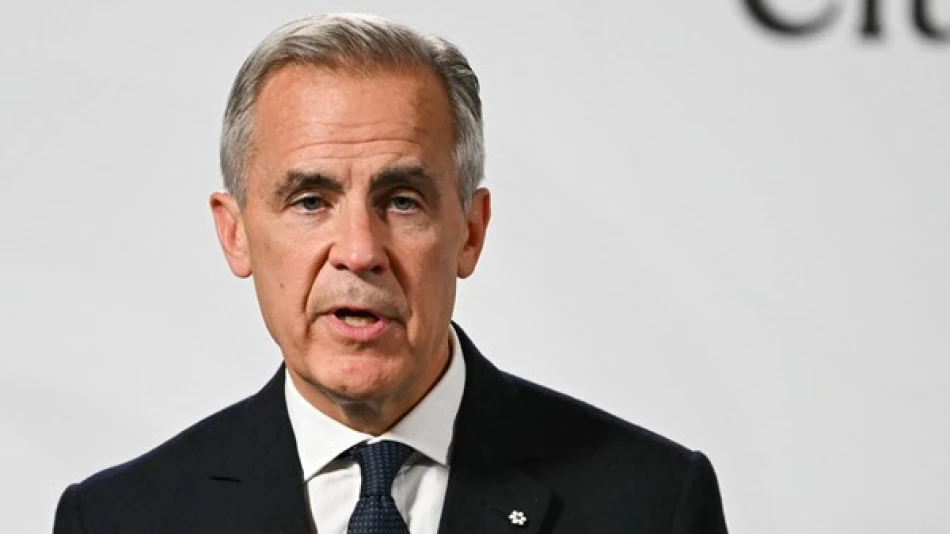
Two New Nations Officially Recognize the State of Palestine, Boosting Global Support
Canada and Australia Break Ranks to Recognize Palestinian Statehood
Canada and Australia officially recognized Palestine as a sovereign state on Sunday, marking a significant diplomatic shift that could pressure other Western nations to follow suit. The coordinated announcements come as international frustration grows over the ongoing Gaza conflict and stalled peace efforts in the Middle East.
A Coordinated Diplomatic Push
Canadian Prime Minister Mark Carney announced his country now recognizes a Palestinian state, saying Canada "recognizes the State of Palestine and offers our partnership in building a peaceful and promising future for both the State of Palestine and the State of Israel."
Australian Prime Minister Anthony Albanese made a similar declaration, stating in a joint statement with Foreign Minister Penny Wong that Australia joins Canada and Britain in recognizing Palestine as part of efforts to revive momentum for a two-state solution.
Strategic Timing and Political Calculations
The timing isn't accidental. Both countries are responding to mounting domestic pressure and international calls for action following months of conflict in Gaza. Recognition serves multiple purposes: it signals dissatisfaction with current Israeli policies while positioning both nations as leaders in Middle East diplomacy.
For Canada, this represents a notable shift from previous Conservative governments that maintained stronger ties with Israel. Australia's move aligns with Labor Party promises made during their election campaign.
Following European Precedent
This isn't unprecedented. Spain, Ireland, and Norway recognized Palestinian statehood in May 2024, creating momentum that Canada and Australia are now joining. Over 140 countries worldwide already recognize Palestine, though most major Western powers have held back.
The holdouts include the United States, Germany, and France - countries that argue recognition should come through direct negotiations rather than unilateral declarations.
What This Actually Changes
Recognition is largely symbolic but carries real diplomatic weight. It strengthens Palestine's position in international forums and puts pressure on Israel to engage more seriously in peace talks.
But here's the reality: recognition doesn't create borders, establish governance structures, or resolve the fundamental issues that have blocked peace for decades. Palestine still lacks control over its claimed territories and faces the same security challenges that have defined the conflict.
Market and Economic Implications
The announcements could affect trade relationships in the region. Companies operating in Israeli settlements may face increased scrutiny from Canadian and Australian investors who now officially view those territories as occupied Palestinian land.
Defense contractors and technology firms with significant Israeli partnerships will be watching for any policy changes that might affect bilateral agreements.
The Domino Effect Question
Both leaders hinted that other countries may follow suit "in the coming days." The UK, mentioned in Australia's statement, could be next - though domestic political considerations may slow any decision.
The real test will be whether larger European powers like France or Germany feel compelled to act. Their recognition would carry far more economic and diplomatic weight than smaller nations.
This coordinated move shows how the Gaza conflict has shifted international opinion, even among traditionally Israel-friendly Western nations. Whether it leads to meaningful progress toward peace depends largely on how Israel and the United States respond to this growing diplomatic isolation.
Most Viewed News

 Layla Al Mansoori
Layla Al Mansoori






